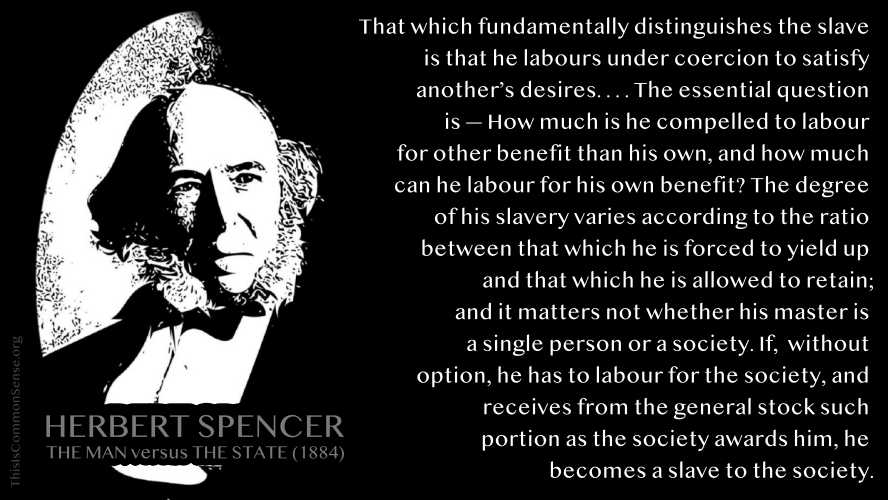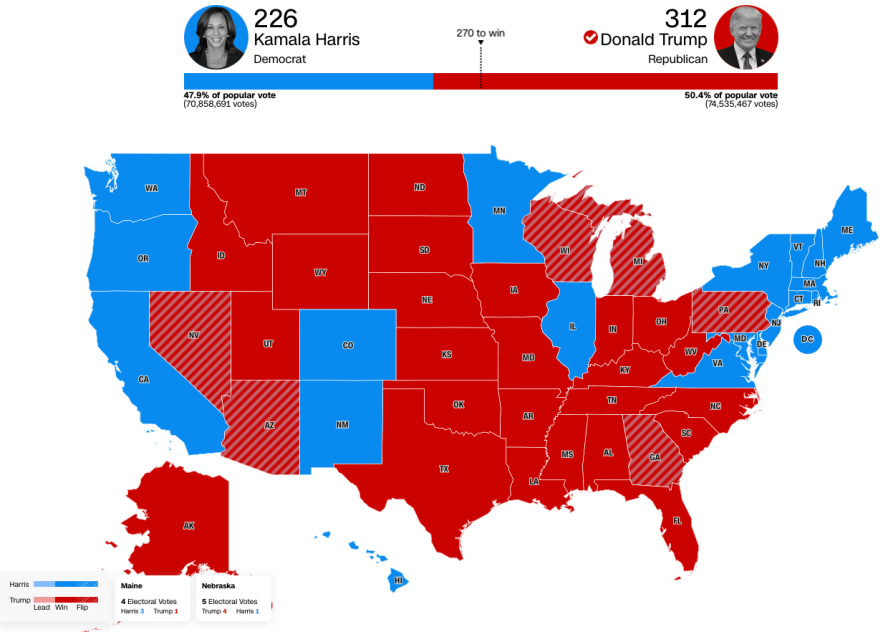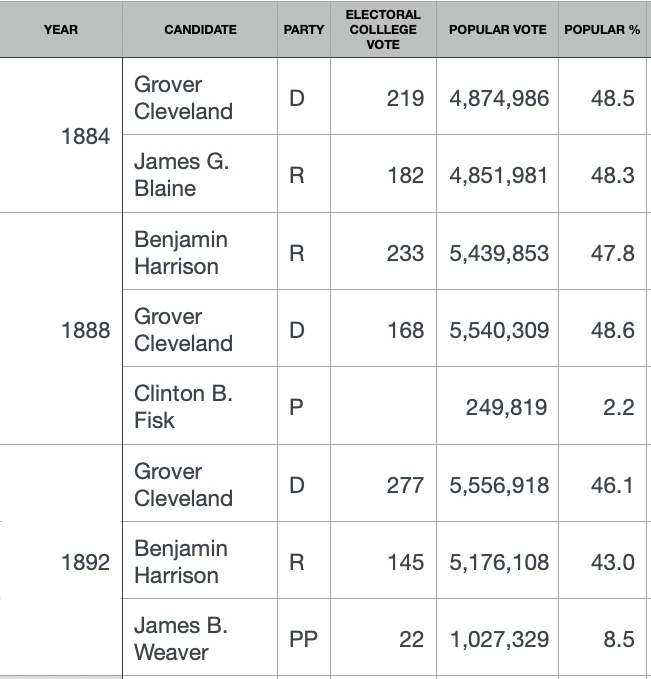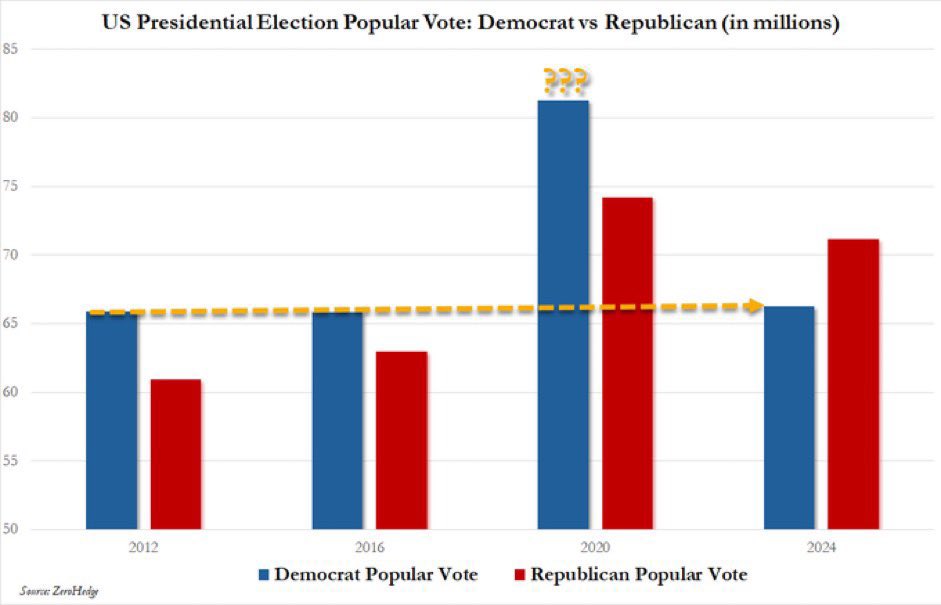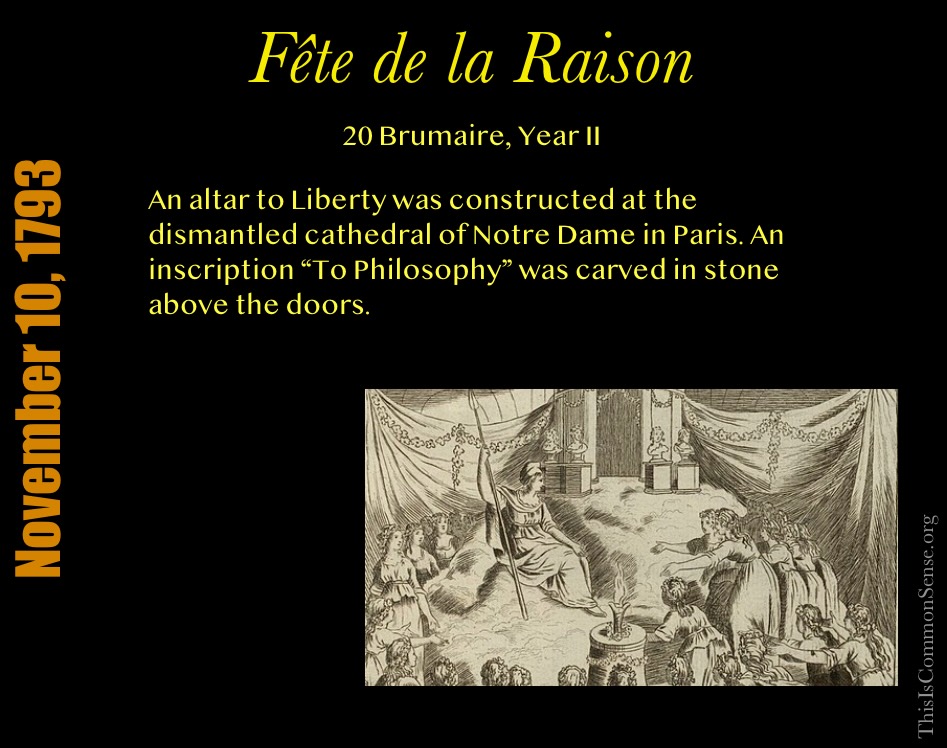It’s the kind of scandal that makes you wonder, briefly, whether somebody made it up.
But nobody made it up.
In the wake of Hurricane Milton, a sub-boss of the Federal Emergency Management Agency named Marn’i Washington told FEMA workers who had the job of assessing storm damage in Lake Placid, Florida, to skip any houses with Trump signs.
A Microsoft Teams memo outlining “best practices” for performing the work included injunctions like “not one goes anywhere alone” and “avoid homes advertising Trump.” No one can peruse the latter instruction and not know the kind of animus informing Washington’s memo.
Thanks to whistleblowers distressed by these orders, which were delivered both in writing and verbally, the Daily Wire obtained the revealing internal communications.
At least twenty Trump-advertising homes were passed over by FEMA workers who complied with the memo.
Florida Governor Ron DeSantis and others have announced investigations of the incident.
Regarding what went down in this one Florida town, at least, there is currently no cover-up by FEMA. We don’t know whether similar orders were given to damage assessors in other hurricane-hit regions. But had there been, let’s hope that somebody would have spoken up.
A FEMA spokesman admitted that the agency is “deeply disturbed” by Washington’s actions. According to a Daily Wire update, the agency has now fired her.
“This employee has been terminated and we have referred the matter to the Office of Special Counsel,” says FEMA Administrator Deanne Criswell.
This is how to handle partisanship in federal bureaucracies.
This is Common Sense. I’m Paul Jacob.

—
See all recent commentary
(simplified and organized)

